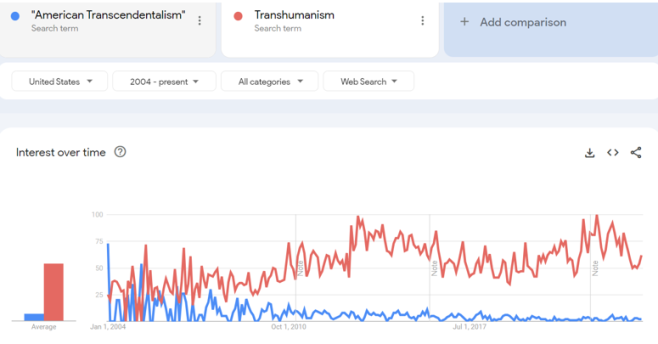How to Allocate Your Time, Avoid Burn-out, Boost Your Spiritual Power, and (Possibly) Make it to the Other Side
The word “transcend” is derived from the Latin “trans” (across) and “scandere” (to climb). In a sense, the word means to cross a mountain range. Like the scout William Lewis Manly, who found a route across the Panamint Mountains bordering Death Valley, made it to coastal California, and returned with food to save his comrades who were starving. This was in 1849.[1] Go back further in time, and it’s not hard to imagine our hunter-gatherer ancestors staring at a mountain wall, wondering what they would discover on the other side. If they could find a route across.
Today we use the term, “self-transcendence,” in a more general sense, wondering if we could become tomorrow, in some way, better, stronger, happier, and more productive than we are today.
American Transcendentalism was a 19th century philosophical movement which included authors such as Ralph Waldo Emerson, Henry David Thoreau, Walt Whitman, John Burroughs, and John Muir, among others.
The central premise of Transcendentalist philosophy was that people could achieve self-transcendence by drawing spiritual power from nature. In this regard, the Transcendentalists were reacting to problems they perceived in 19th century America, where industrialization and urbanization were spreading rapidly, and the frontier was shrinking and would soon close. Among the clerks, mechanics, priests, professionals, and others who spent their days indoors, Thoreau remarked on what he perceived as “lives of quiet desperation.” Emerson railed against the conformity, timidity, anxiety, and toxic egotism he associated with conventional society. Whitman was blunt – writing under the pen name Mose Velsor, he warned that a sedentary indoors lifestyle devoted purely to mental work was “death.”
Fast forward to today. The Transcendentalists are still remembered, but the popular narrative has shifted. The new philosophy is Transhumanism – the hope that we will transcend our limitations through technology. Transhumanism culminates in the “Singularity” – the point at which humans and machines merge.
Exhibit 1: Search Trends Show Transhumanism Eclipsing Transcendentalism

Source: Google Trends
Continue reading “Transcend This! A Quantitative Interpretation of American Transcendentalism”